Spotlight on a feedlot career: the science behind being a nutritionist
Canada’s beef cattle spend most of their lives on open pasture, but for the last few months of their lives, most move to a feedlot for finishing. At the feedlot a great deal of care, attention and science goes into ensuring the well-being, health and comfort of the cattle, and to providing them with the optimal diet.
For feedlot cattle to reach their full growth potential, they need a balanced ration that supplies all their nutritional requirements and maximizes their growth rate. Ensuring that is the role of the feedlot nutritionist.
Feeding requirements of the ruminant
Cattle are ruminants, which means they have multiple compartments in their stomach, and food is passed from one to the other. Ruminants are unique in their ability to digest coarse vegetation such as grass, thanks to billions of microbes in the first compartment, the rumen, which help start the digestive process.
The feedlot nutritionist must design a diet that feeds these microbes to make sure the cattle receive the nutrients they need.
Basic feed components
There are three main components in cattle feed: grain, roughage and supplements:
1) Grain provides the bulk of the animal feed.
2) Roughage is typically provided in the form of silage.
3) Supplements include vitamins, proteins and minerals.
It is the job of the feedlot nutritionist to delicately balance each component to customize the precise needs of the cattle at each stage of the feedlot stay.
For instance, when cattle first arrive at the feedlot, they are introduced gradually to finishing rations, by reducing roughage and increasing grain. This allows the microbes in the rumen to adjust gradually and reduces the risk of adverse reactions such as rumen acidosis.
Cattle are monitored daily, and any health issues that could be linked to nutrition are brought to the attention of the nutritionist.
Feed efficiencies
Feed efficiency is the term used for the amount of food required per pound of weight gain. It’s important for the feedlot nutritionist to achieve efficient weight gain for two reasons:
– Cost: feed efficiency plays a huge role in the profitability of a feedlot operation, and in the cost of the finished beef.
– Sustainability: efficiently fed cattle are finished faster and use fewer resources.
Reducing waste from other industries
Feedlot cattle play a huge role in helping use the waste or bi-products from other industries:
- 86 per cent of cattle feed is unfit for human consumption.
- Only nine per cent of cropland in Canada is used to grow crops specifically for cattle feed.
- Cattle are fed the bi-products of other industries, which would otherwise be considered waste, such as leftover grains from the production of beer, whiskey and other alcohol, ethanol production and the oil processing industry.
Learning the science of feed efficiencies
The feedlot nutritionist’s expertise is the result of training and experience, as well as considerable industry research into feed efficiencies. Their skill helps ensure the five freedoms on which excellence in animal care is based.
To learn about some of the technology that helps the feedlot nutritionist maximize efficiency, read ‘Micro-machine helps reduce feedlot waste’.

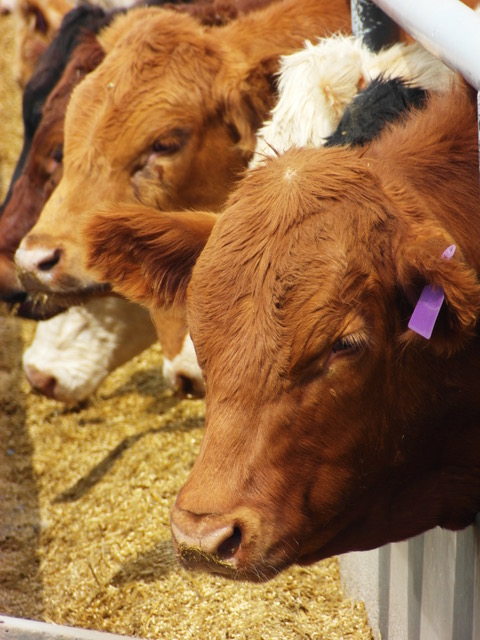
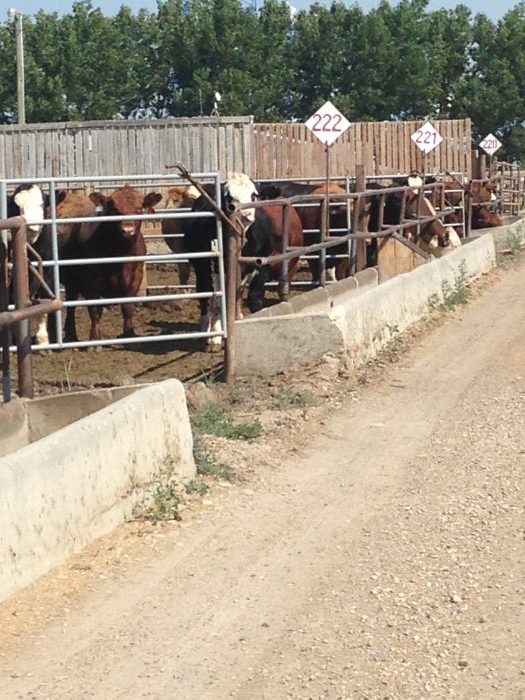
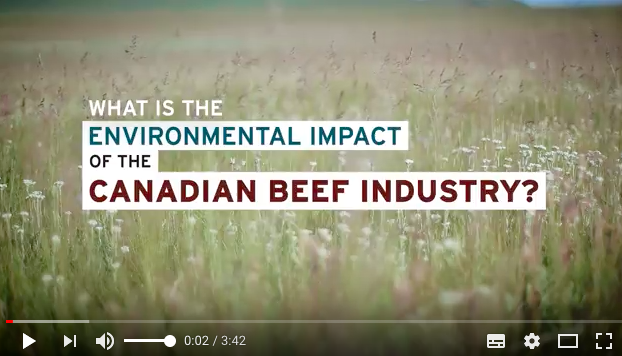
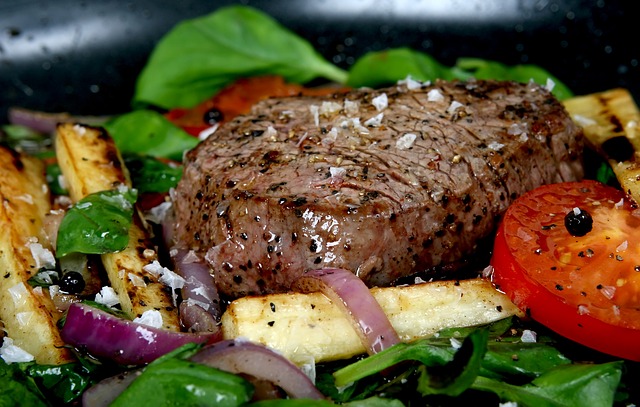

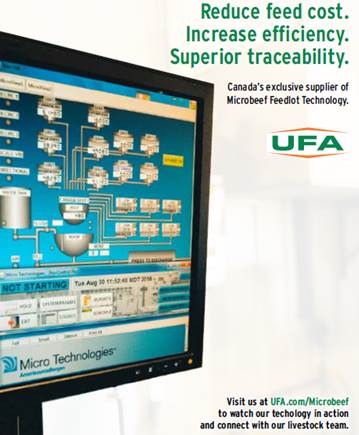
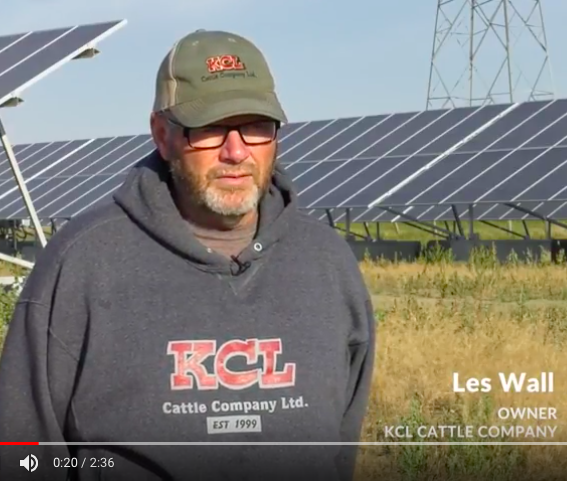

Trackbacks & Pingbacks
… [Trackback]
[…] There you can find 1261 more Information to that Topic: cattlefeeders.ca/spotlight-on-a-feedlot-career-the-science-behind-being-a-nutritionist/ […]
… [Trackback]
[…] Information on that Topic: cattlefeeders.ca/spotlight-on-a-feedlot-career-the-science-behind-being-a-nutritionist/ […]
… [Trackback]
[…] Find More on on that Topic: cattlefeeders.ca/spotlight-on-a-feedlot-career-the-science-behind-being-a-nutritionist/ […]
… [Trackback]
[…] There you will find 76998 more Info on that Topic: cattlefeeders.ca/spotlight-on-a-feedlot-career-the-science-behind-being-a-nutritionist/ […]
… [Trackback]
[…] Find More here on that Topic: cattlefeeders.ca/spotlight-on-a-feedlot-career-the-science-behind-being-a-nutritionist/ […]
… [Trackback]
[…] Information on that Topic: cattlefeeders.ca/spotlight-on-a-feedlot-career-the-science-behind-being-a-nutritionist/ […]
… [Trackback]
[…] Info on that Topic: cattlefeeders.ca/spotlight-on-a-feedlot-career-the-science-behind-being-a-nutritionist/ […]
… [Trackback]
[…] There you can find 60561 more Information to that Topic: cattlefeeders.ca/spotlight-on-a-feedlot-career-the-science-behind-being-a-nutritionist/ […]
… [Trackback]
[…] Read More on that Topic: cattlefeeders.ca/spotlight-on-a-feedlot-career-the-science-behind-being-a-nutritionist/ […]
… [Trackback]
[…] Read More on on that Topic: cattlefeeders.ca/spotlight-on-a-feedlot-career-the-science-behind-being-a-nutritionist/ […]
… [Trackback]
[…] Read More on that Topic: cattlefeeders.ca/spotlight-on-a-feedlot-career-the-science-behind-being-a-nutritionist/ […]
Comments are closed.